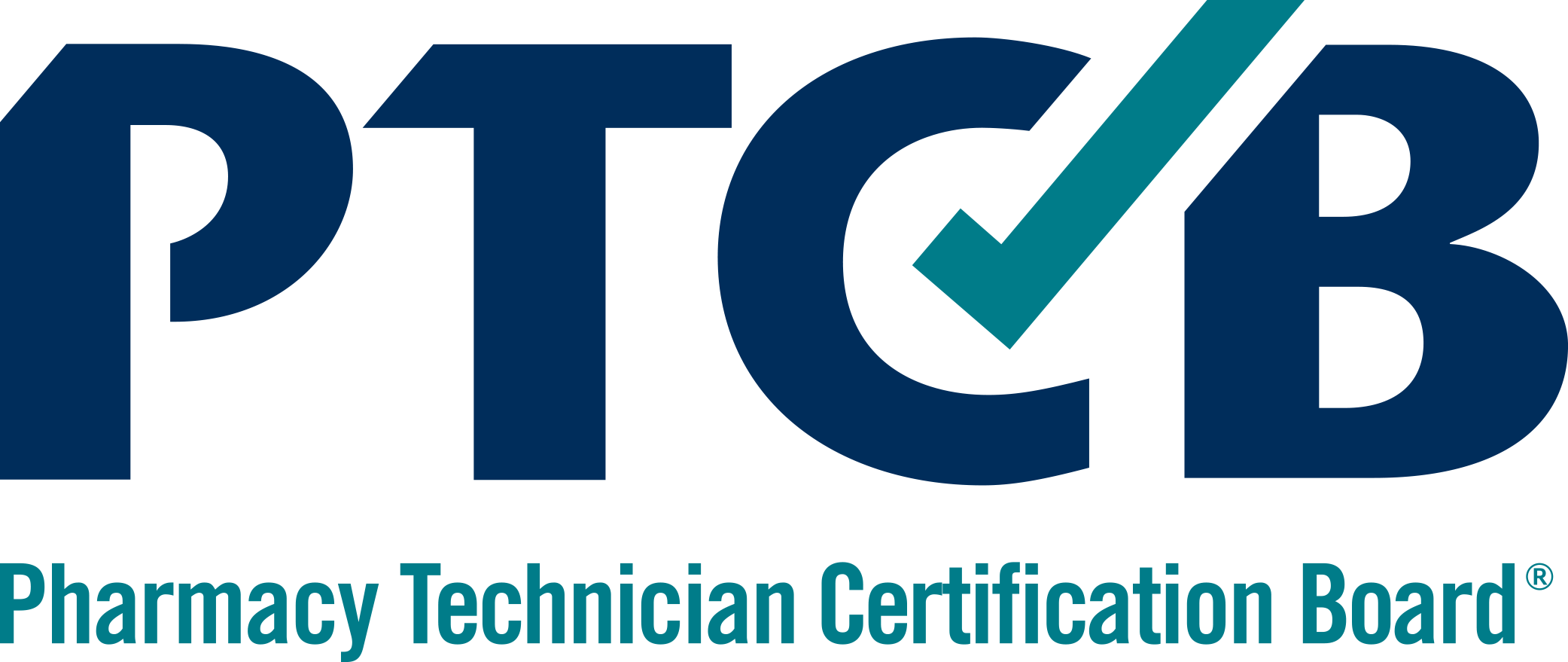
Expert Discusses Pharmacy Technician Training, Essential for Catching Burnout-Related Mistakes

Bill Schimmel, CEO and executive director of the Pharmacy Technician Certification Board (PTCB), discusses how pharmacy technicians can face burnout and advocate for themselves.
Ashley Gallagher: How has the role of pharmacy technicians changed since the start of COVID-19?
Bill Schimmel: It's been pretty dramatic for the technician workforce. We recently completed a workforce survey, so our timing is really good here. We got about 20,000 technicians responded to it. 83% of them said that their workload increased during the pandemic. If you think about testing with COVID, vaccinations, it's been pretty dramatic. Then obviously, just the stress of it all, and some of that change in responsibilities was happening even prior to COVID.
Technician immunization had begun. It was in 6 states at that point. It has now been made permanent in over 20 states. So, it's growing rapidly, and I'm really glad that recognition is there. Because we know the pace of change from a regulatory perspective can normally be slow. Again, if you're looking for silver linings for anything, it actually accelerated it.
Ashley Gallagher: Why is it is essential for health care professionals to address burnout?
Bill Schimmel: Technicians are playing a critical role in patient and medication safety. They're handling those potent medications in all settings, and especially as their responsibilities continue to expand. Our most popular new credential at PTCB is immunization administration. About 40% of our new credentials are in immunization. It's pretty obvious that they're touching those medications every single day. In health systems, they're compounding chemotherapy medications and other IVs. They're one piece of a complicated system. But again, that handling is happening every single day. It’s critical.
Ashley Gallagher: Because of the additions to the role are burnout-related mistakes more common for pharmacy technicians, and how severe are these mistakes, or can be these mistakes?
Bill Schimmel: You can say that that's the most important question. You can imagine quality training and certification are 2 important ways to help ensure that those mistakes don't happen in the first place. While the data really isn't out there, I don't think you need data to know that those are really 2 important factors.
I know, a text with PTCB credentials, they've met that premier standard for delivering medication safety and patient care. In pharmacies that recognize and incentivize technicians to pursue those certifications, they're creating what we like to call a win-win-win scenario, right?
It's obviously great for the technician. They're being recognized for what they know and can do. It's a win for the pharmacy because happy technicians is a happy pharmacy team, and they're going to stay on the job longer. They're going to be retained longer, and you build that rapport within your team, and you deliver, in the end, the most important thing is you deliver better patient care.
Ashley Gallagher: How can training help pharmacy technicians catch more of these mistakes?
Bill Schimmel: Like I was saying in the previous question, training and credentialing are one piece of kind of an ecosystem, and this is how you would want it to prevent medication errors. It would be easy to argue that training is probably one of the most important. Across more than 25 years, PTCB established the standard for technician credentials.
Late in 2020, we launched the CPhT Advanced credential to recognize the advanced and specialty work of technicians. It often gets forgotten; how do we make these assessments? Right? What they need to do is measure the right thing, right? So, every few years, we put out a gigantic survey to every technician we can find.
The last time we did it, we gathered responses from 40,000 technicians, and we needed to precisely measure what are those knowledge, skills, and abilities that help you do your job well. So again, I like to emphasize this because we put so much time and effort into that process. We use volunteers from the profession, the best technicians and pharmacists that we can find. We're constantly trying to honor their work because they are volunteers which is incredible, and they do that because they have that dedication. That combination of training and credentials, it's hard to find a more important factor.
Newsletter
Stay informed on drug updates, treatment guidelines, and pharmacy practice trends—subscribe to Pharmacy Times for weekly clinical insights.


























